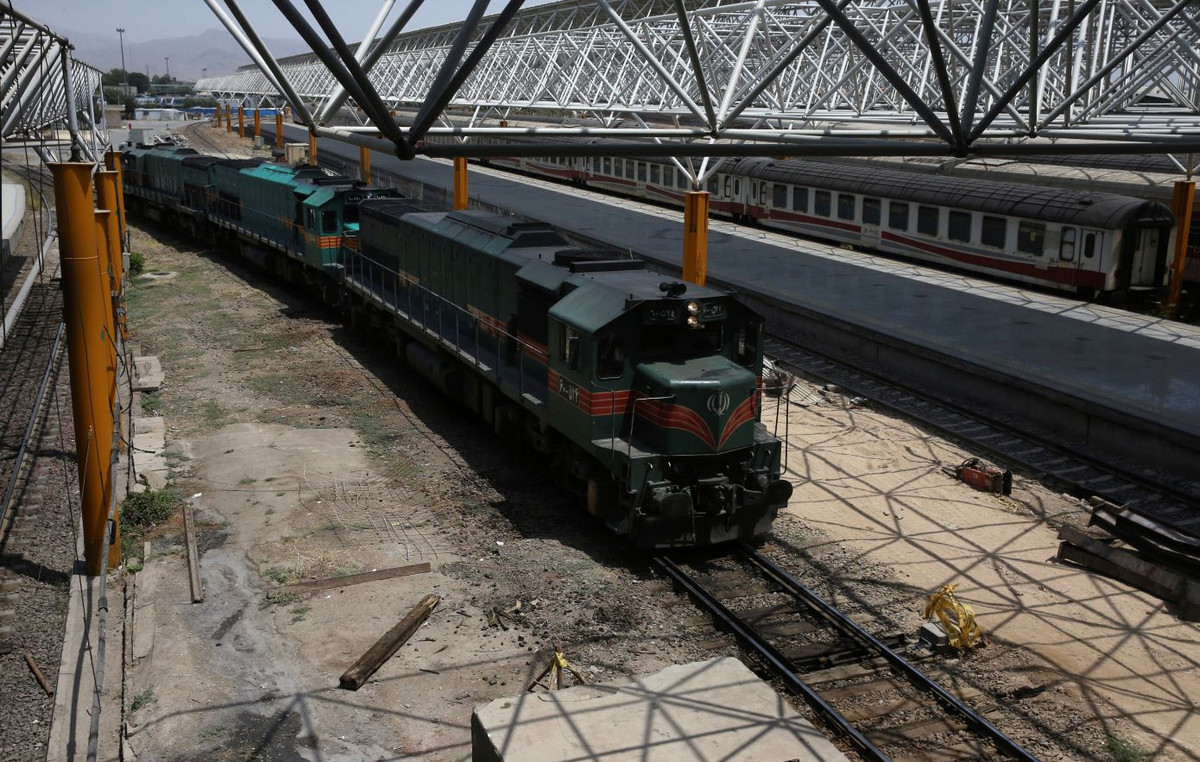From the moment it was published in the Official Gazette, on January 12, the decree published by President Jair Bolsonaro (PL) that authorized interventions in natural underground cavities such as caves, grottos, and caves was a reason for discussion between experts.
The main point of tension in the new measure concerned the risk of destruction and irreversible environmental damage to the caves which, prior to the publication of the decree, were protected by law and had to maintain their state of conservation.
This Monday (24), the minister of the Federal Supreme Court (STF) Ricardo Lewandowski suspended parts of the government decree, in response to a request for a precautionary measure by the Rede Sustentabilidade party. Lewandowski claimed that there is “a risk of irreversible damage to natural underground cavities and their areas of influence”.
The decision is preliminary and, therefore, will still be analyzed by the plenary of the STF. However, until the other ministers decide on the matter, Lewandowski’s decision will be in effect and brings significant changes to Bolsonaro’s decree, especially in what it provides for caves with the maximum degree of relevance.
What did the legislation say?
All natural underground cavities in the country are classified by environmental agencies with different “levels of relevance”. Depending on their “ecological, biological, geological, hydrological, paleontological, scenic, historical-cultural and socioeconomic” attributes, caves, grottos and furnas can have degrees of relevance. maximum, alto, average Where low.
According to a decree published by the Ministry of the Environment in 2008, the cavities classified with a degree of relevance maximum cannot be subject to “irreversible negative impacts”. Since then, these cavities have been protected from a number of public utility developments such as mining, road design and construction.
These caves, according to environmentalists, feed or preserve underground water courses, keep unique animals and may have great paleontological and archaeological relevance, with rare deposits of materials of interest to these areas of study.
What did the government try to change?
However, decree nº 10.935/2022 published by Bolsonaro ended this ban. The text revokes the rule that caves classified with the degree of relevance maximum cannot suffer irreversible impacts. In this way, interventions for works and undertakings considered to be of public utility had been allowed in any type of cave.
Before the change, for example, a highway that was designed would have to deviate from the route if it was going to pass near a cave of maximum relevance. But, after the new government measure, the construction of roads and other projects was allowed on or near the cavities with a maximum degree of relevance.
The text of the Bolsonaro government establishes that cavities with a maximum degree of relevance “may be subject to irreversible negative impacts when authorized by the competent environmental licensing agency, within the scope of the environmental licensing of the activity or enterprise” and that the company responsible for the intervention must demonstrate “that the impacts result from an activity or undertaking of public utility”.
In addition, after the authorization of the competent environmental agency for the execution of the enterprise that can cause irreversible negative impacts, it is established that the responsible company must take compensatory measures. The extinction of species that inhabit the impacted cavity is also prohibited.
According to the text, compensatory measures can be “adopting measures and actions to ensure the preservation of two natural underground cavities with the same degree of relevance, of the same lithology and with similar environmental attributes to the one that suffered the impact”.
How are the rules after Lewandowski’s decision?
After the suspension of Minister Ricardo Lewandowski to parts of Bolsonaro’s decree, the economic exploitation of natural underground cavities with maximum degree of relevance was banned again. Even if the environmental agency responsible for licensing the works issues an authorization, the construction of highways, mining areas and other undertakings cannot begin.
In Monday’s decision (24), Lewandowski argued that the decree would “cause the disappearance of geological formations, marked by unique records of environmental variations and constituted over tens of thousands of years, including remains of extinct animals or traces of prehistoric occupations”.
The minister therefore determined that the measures established by the latest decrees that regulated the topic and which were revoked by Bolsonaro’s measure should be repealed. Until the case is analyzed in plenary, caves of maximum relevance cannot suffer irreversible negative impacts, regardless of compensatory measures.
Therefore, exploration is prohibited even if it is proven that the enterprise will have public utility and that its construction is endorsed by environmental agencies. Lewandowski also suspended the part of the decree that allowed developments in the caves of any relevance “provided that their installation or operation maintains the ecological balance and physical integrity of the cavity”.
what does the government say
In a statement sent to CNN, the Federal Government Communications Department said that the decree signed by President Jair Bolsonaro on January 12 of this year was the result of a debate promoted since the promulgation of the Constitution in 1988.
The Ministry of the Environment informs that the objective of the federal government is “to bring legal certainty to environments favorable to economic development, maintaining the preservation of the environment through legislation considered among the most protective in the world”.
The folder also says that “the decree creates the possibility of investments in fundamental structuring projects, generating employment and income, such as highways, railways, mining, transmission lines and renewable energies, while guaranteeing the protection of cavities”.
Reference: CNN Brasil







